PROJECTS
Jiangsu Yancheng Wetlands Protection Project
Overview
The Yancheng Wetlands in Jiangsu province, the People’s Republic of China (PRC), covering about 291,300 hectares, is considered the largest intertidal wetland system in the world. Despite its biodiversity significance and role in the livelihood of local communities, the coastal wetlands suffered from rapid degradation, wildlife habitat loss and fragmentation, and loss of biodiversity.
In 2012, ADB initiated a $36.9 million loan project with the PRC government to protect the Jiangsu Yancheng Wetlands and forest farms. Implemented under the China Biodiversity Partnership Framework and co-financed through a $2.25 million grant from the Global Environment Facility (GEF), the project supported the government’s plan to improve management of the Yancheng coastal wetlands to preserve their valuable ecosystem functions.
ADB worked with the Yancheng municipal government and local and international wetlands conservation and biodiversity experts to rehabilitate the wetlands, control invasive species that threaten animal population, and practice sustainable forest and waste management. The project also introduced an eco-compensation program that encourages farmers and local communities to adopt biodiversity- and wetland-friendly agricultural practices.
Completed in 2019, the project enabled the rehabilitation of the Yancheng Rare Birds Natural Nature Reserves and the Dafeng Milu Natural Nature Reserves. Sustainable management of the wetlands and forest farms improved, and provided ecotourism and employment opportunities to a few thousand people from the communities surrounding the project area.
Useful references: Project Data Sheet and Project Completion Report.

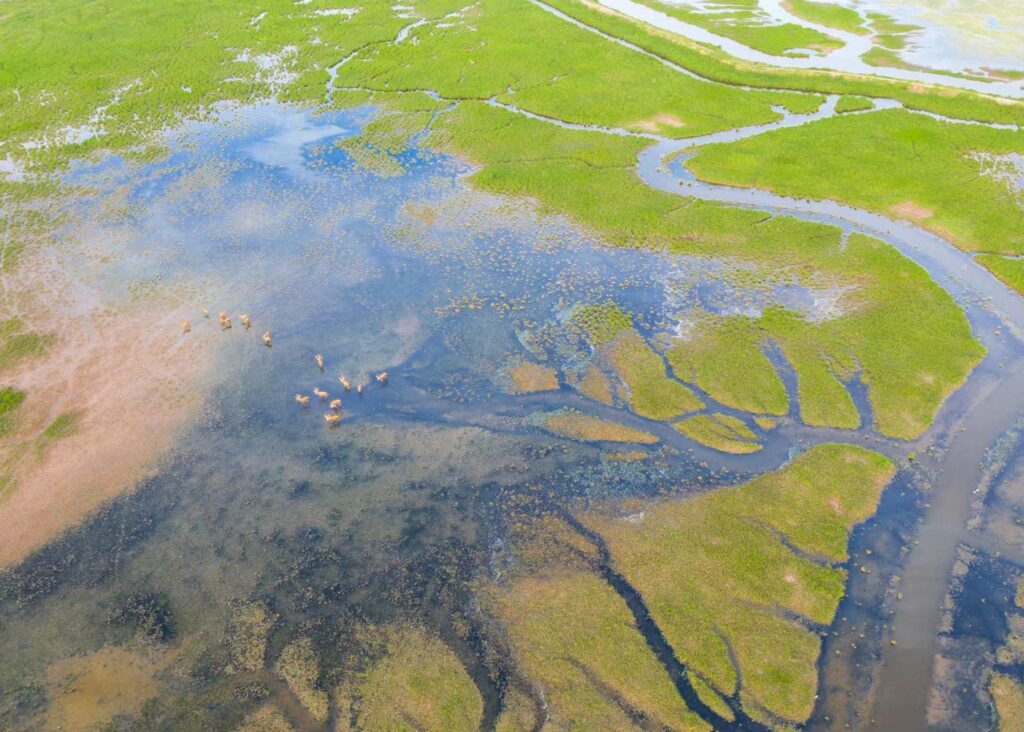
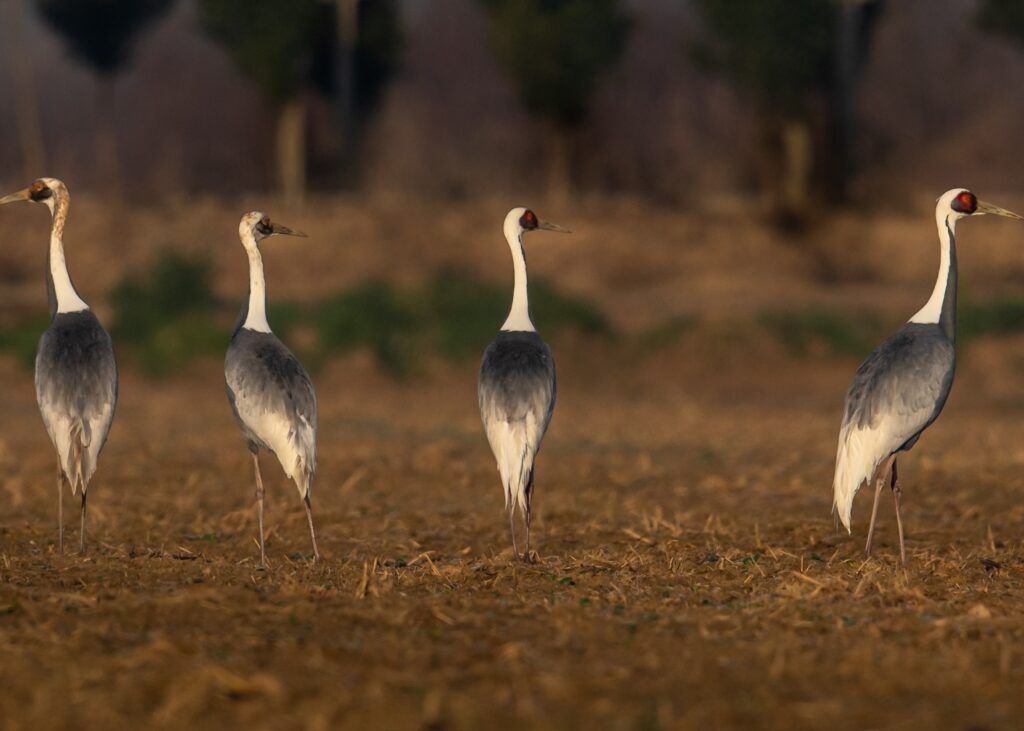
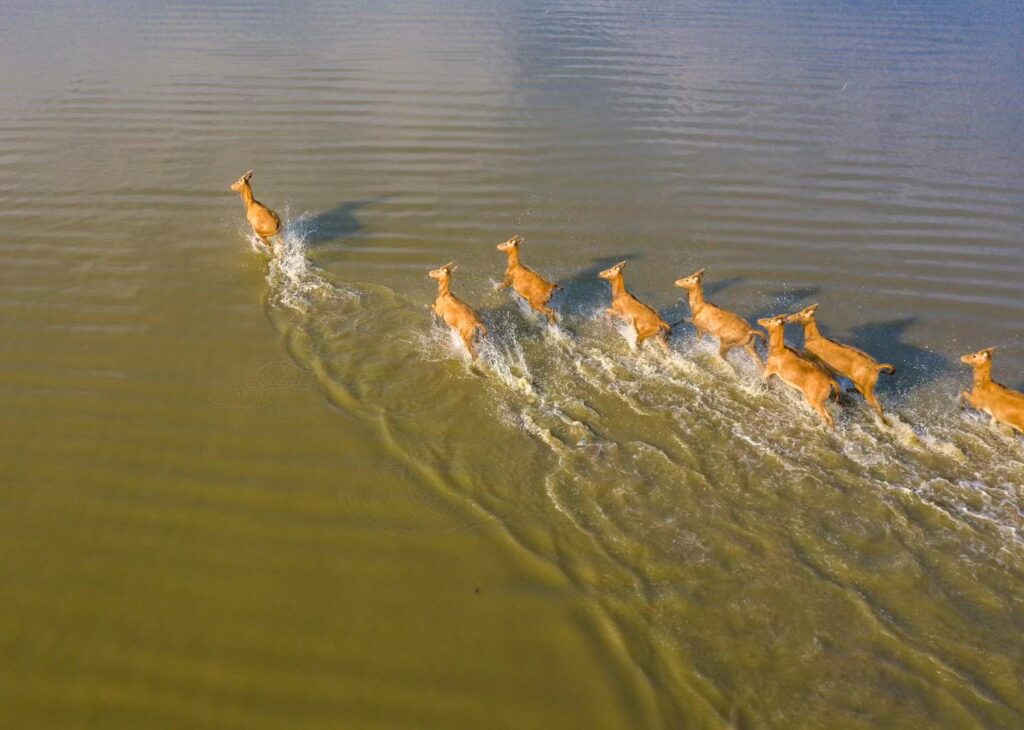
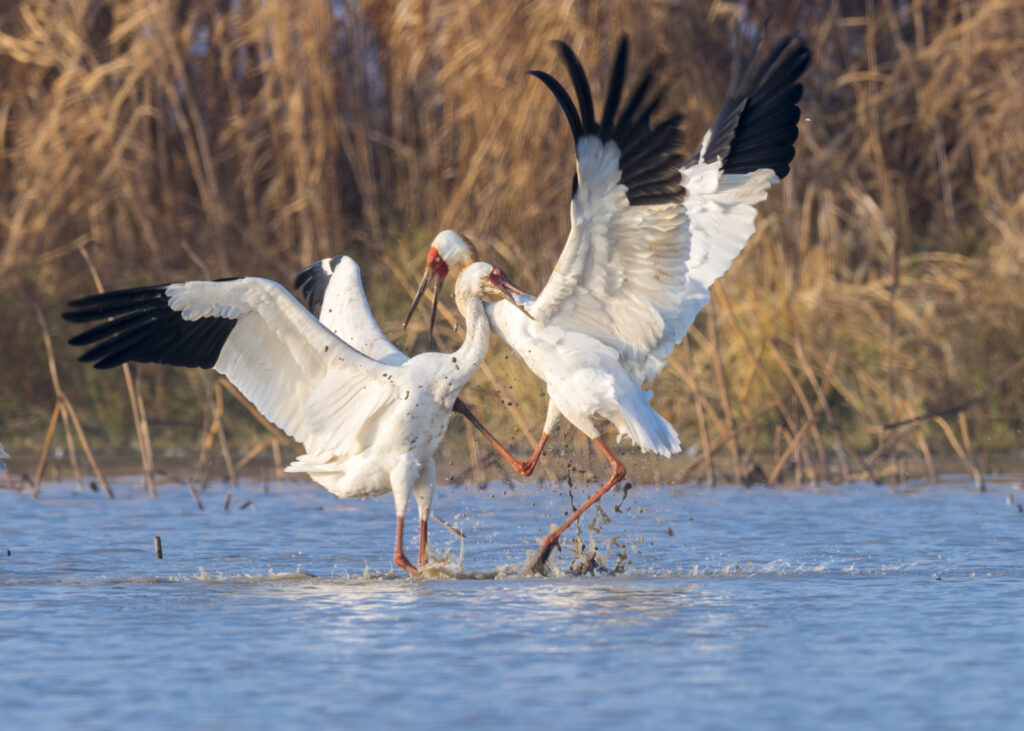
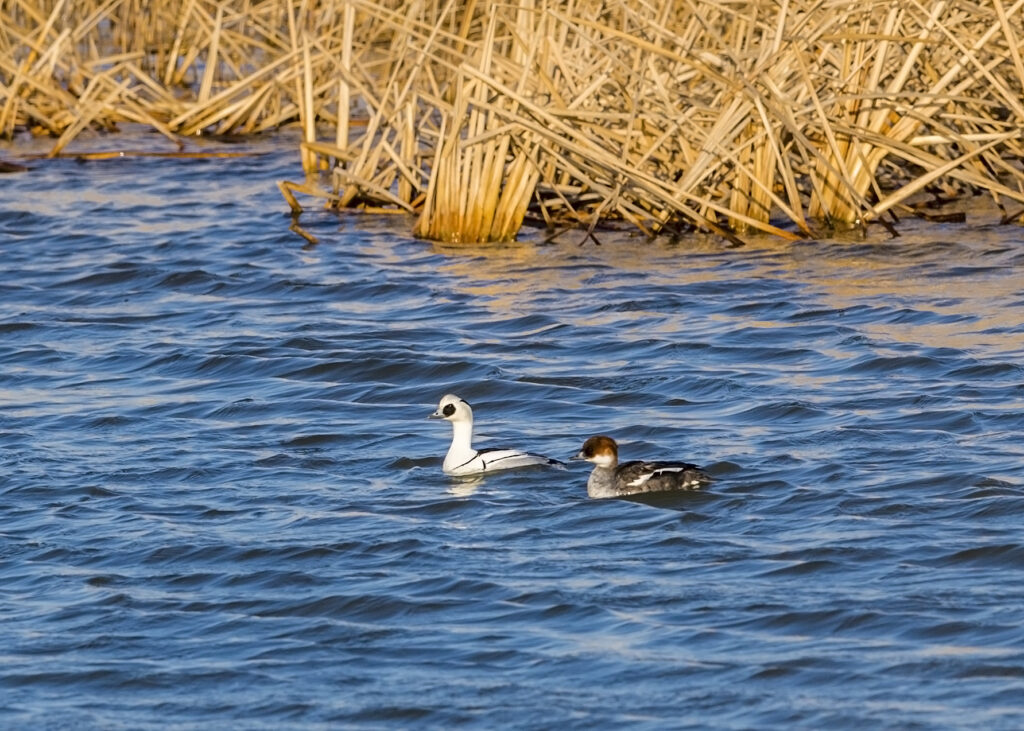
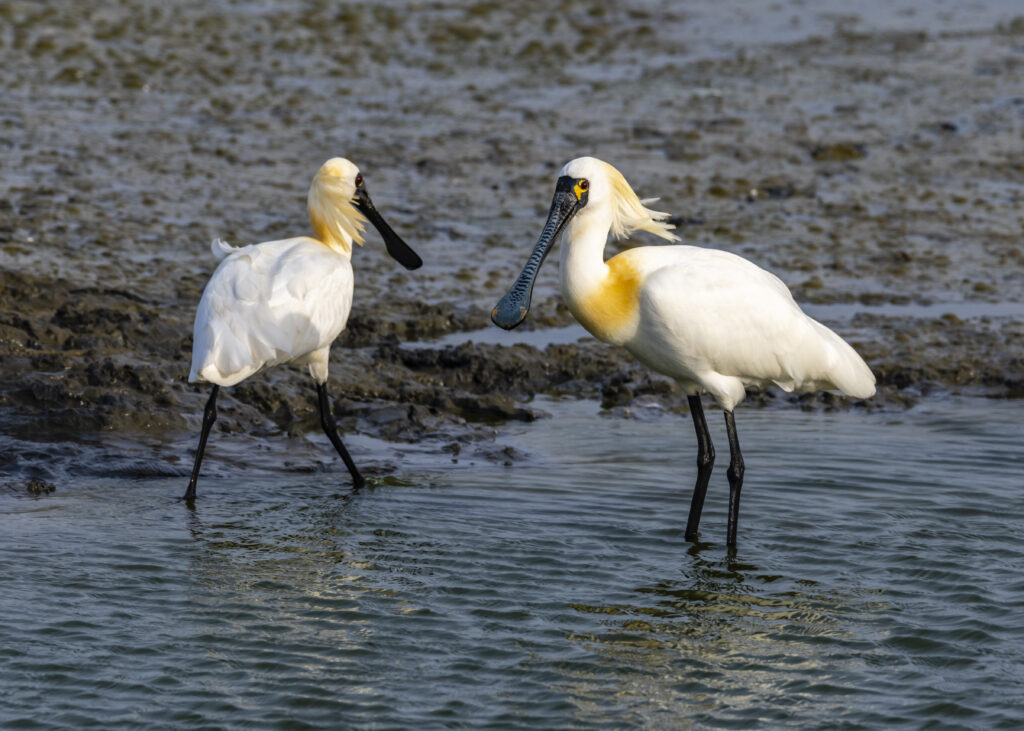
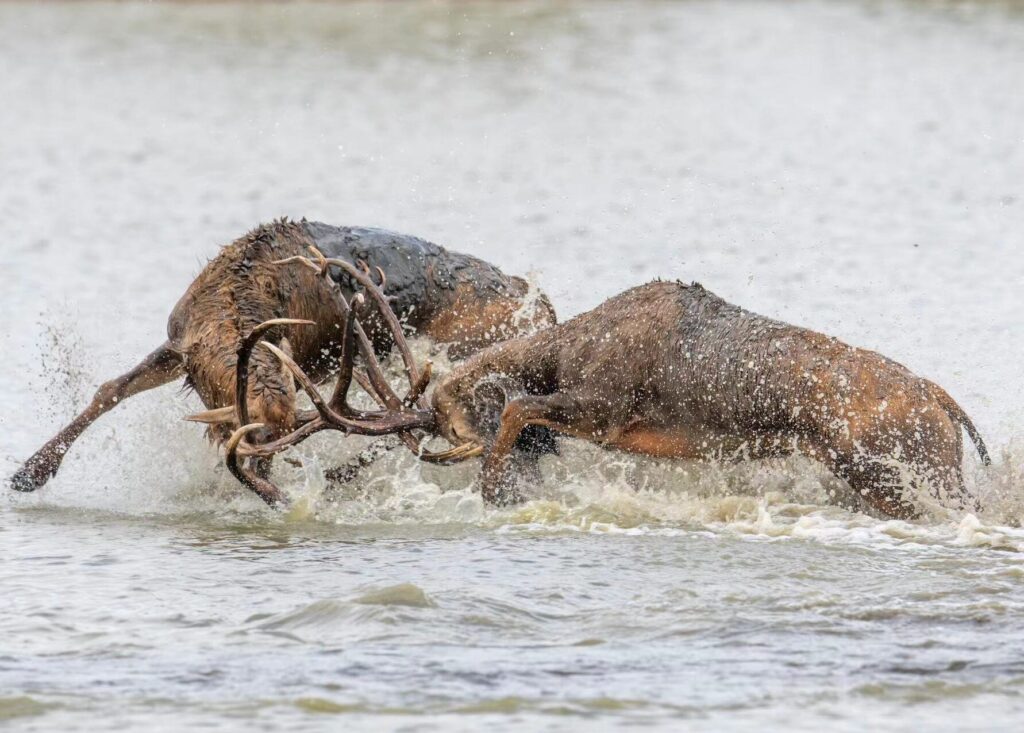
Blog and Videos
The project spanned seven years of comprehensive nature conservation and rehabilitation work, and institutional capacity building on wetlands ecosystem management, produced valuable knowledge and lessons documented through a blog and video series.

